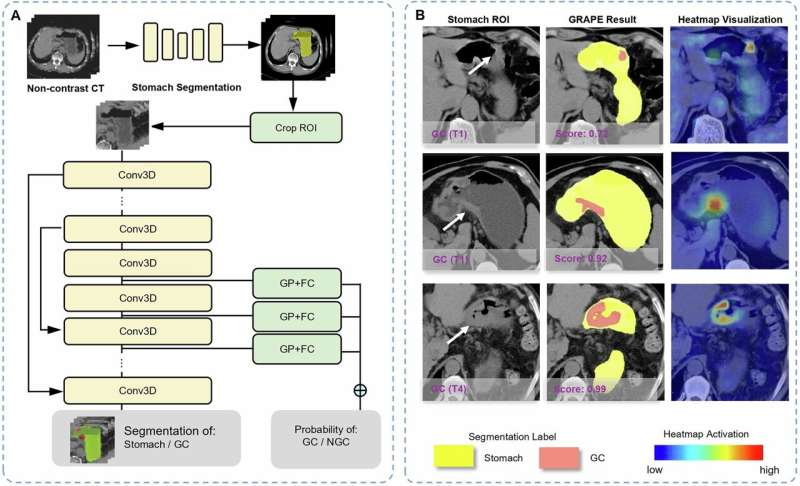Gastric cancer ranks among the most lethal malignancies worldwide, particularly in Asian populations. In China, Japan, and Korea, nearly three-quarters of new diagnoses and deaths cluster each year, reflecting limited early detection and treatment barriers. Endoscopy remains the benchmark for diagnosis, allowing clinicians to visualize the gastric mucosa and collect biopsies for confirmation.
National screening programs in Japan and Korea have raised survival rates through widespread endoscopic exams. Many countries lack the resources to deploy such strategies, and the invasiveness of the procedure, along with social perception, further reduce compliance rates. Serological screening offers a less intrusive alternative but achieves only marginal gains over population-wide gastroscopy.
Low compliance, limited detection rates, and prohibitive costs have left an urgent demand for affordable, noninvasive methods to pinpoint high-risk individuals before cancer advances beyond curative stages.

